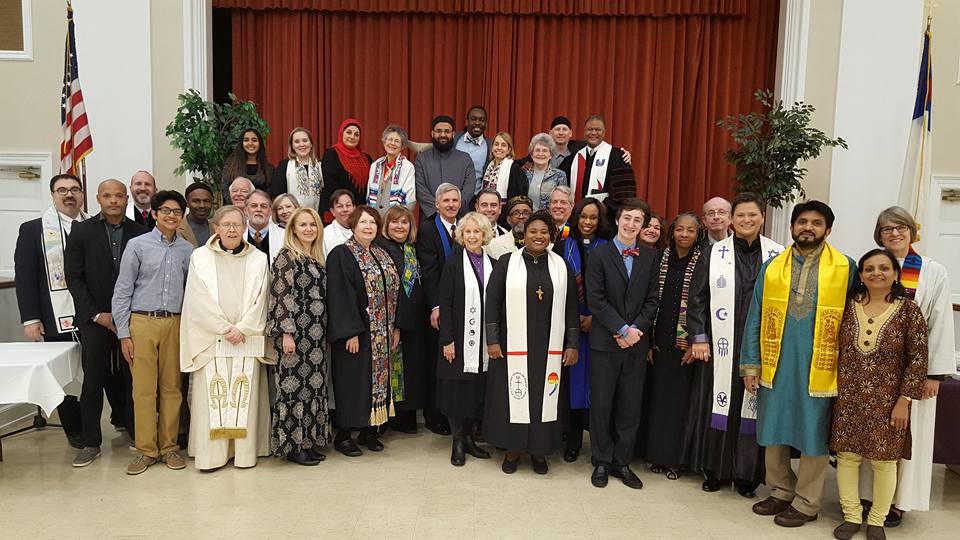To my fellow clergy: I know it’s hard, but do more
From the Charlotte Observer, September 28, 2017
Rabbi Schindler is a Contributing Editor
I admire your work. I was a congregational rabbi for more than 20 years. I know that leading a faith community requires strength – physical strength to support a flock for whom life crises have no schedule; emotional strength to help them heal; spiritual strength to unveil the holy; and moral fortitude to work for justice.
Like me, many of you feel deeply our city’s pain. You hear our “Tale of Two Cities” – our “city of prosperity” and “city of poverty.” You recognize our racial and economic segregation and the anguish created by systemic racism. You weep for the 3,000+ children who annually experience homelessness.
The prophets and saints of our respective faiths became revered leaders because they lived their faith not only in sanctuaries but in the world where they confronted injustice with courage and hate with love.
What would it mean for Charlotte if our 1,000 houses of worship stepped outside their buildings to address our community’s systemic problems? What would it look like if more houses of faith worked on developing affordable housing across our city so that neighborhoods and schools were not divided by race and wealth? What would it look like if our faith communities engaged in criminal justice reform, asking why outcomes are too often determined by race and demanding equity?
There are many clergy already at the table with whom you can partner. For Charlotte Mission Network is a coalition of Christian churches and Charlotte Clergy Coalition for Justice is a coalition of interfaith clergy doing this work.
Ecclesiastes teaches, “The cord of three strands is not easily broken.” Clergy are one strand. Gathering strength for systemic fixes requires two more strands: lay leaders and congregations. Your houses of worship will not find consensus to take on all issues but they can find agreement for taking on at least one issue.
Listen to what your parishioners care about. Find lay leaders with the five “P’s” of leadership to help: with passion and proficiency in your areas of focus, personality to draw others in, who work well in partnership with you and are able to develop a pipeline of others to help lead. Your parishioners need you to create opportunities that build bridges bringing the two Charlottes together.
Perhaps most importantly, listen and learn with the people who experience daily the reality of poverty, inequity and racism. Work with them and the professionals who are already engaged with them in this work. Together determine winnable goals. The magnitude of our social justice issues is overwhelming, yet like a puzzle, they are solved piece by piece. Pick up a significant piece to address.
Hear Moses’ words to Joshua as a charge to you: “Be strong and have courage.”
Many Charlotteans embrace religion. We have a Billy Graham Parkway that welcomes people to our city, mega-churches that draw tens of thousands, and ecumenical invocations before Panthers games.
Many Charlotteans reject religion. They deem our work of faith irrelevant, hypocritical, serving only ourselves and not the community. Getting out of our houses of worship creates a religion of relevance where prayers are answered with action and teachings regarding justice, equality and humanity are lived.
Clergy of Charlotte, you have a powerful presence that lifts lives. You have congregants who want to live their faith seven days a week. Charlotte needs your churches to be more. Charlotte needs us to be more.
This post reflects material written with my co-author, Judy Seldin-Cohen of “Recharging Judaism: How Civic Engagement is Good for Synagogues, Jews, and America” (CCAR Press, forthcoming).



No Comments